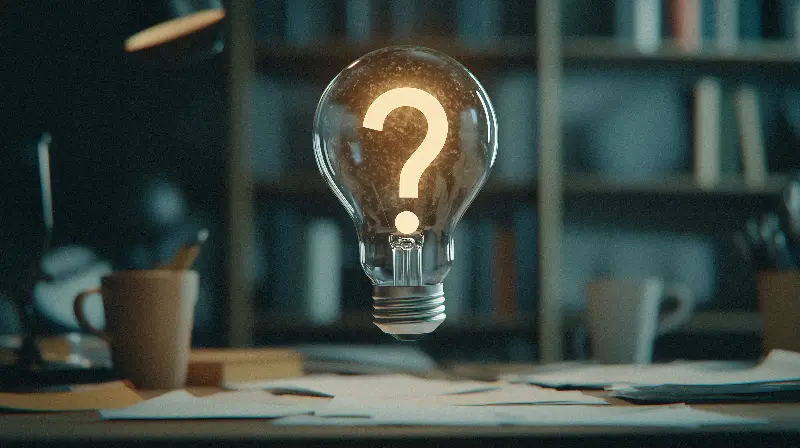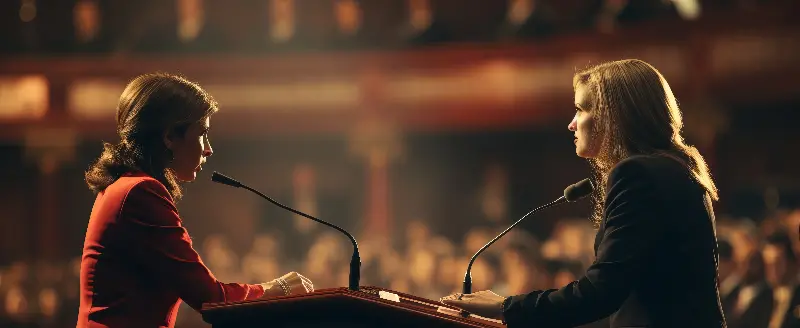Imagine waking up in a world where no one wonders “why?” or dreams about “what if?”. Curiosity is something most of us take for granted, a spark that lights up our imagination from childhood through adult life. But what if that spark faded away? Let’s take a journey into the realm where curiosity doesn’t exist, and see how this would shape our minds, relationships, and society itself.

The Engine Behind Progress
Curiosity is more than a charming trait—it’s the powerhouse behind nearly every discovery and invention. The great figures in science, from Marie Curie to Albert Einstein, took leaps forward because they asked questions that others hadn’t dared. Societies flourish when they foster a sense of wonder and motivation to explore the unknown. If curiosity were absent, human progress would likely stall. New medicines would be rare, advances in technology would slow, and art would lose its edge, as creative minds wouldn’t ask daring questions or challenge the norm.
Think about the internet, space travel, or even the smartphones in our pockets. Each of these innovations came from someone wondering, “Is there a better way?” Without that restless desire to understand and innovate, our world would remain static, living with the tools and ideas of the past, and lacking the momentum to shape a brighter future.
Curiosity and the Human Mind
Curiosity is woven into the structure of our brains. Research in cognitive science reveals that when we investigate or solve puzzles, our brains release dopamine, the “feel-good” neurotransmitter. This neurological reward not only makes learning enjoyable, but also strengthens memory and critical thinking. Curiosity enhances our mental flexibility, allowing us to change perspectives and adapt to new problems.
In a world without curiosity, our brains would operate differently. Learning could become a merely mechanical task—a checkbox rather than a quest. The thrill of “aha!” moments would disappear, and creativity would wither. More importantly, the habit of critical thinking, which is central to constructing sound opinions and solving life’s challenges, could falter. People might become passive recipients of information, rather than active seekers of truth.

Relationships and Social Bonds
Curiosity doesn’t just benefit our intellect; it also brings people closer together. Asking questions isn’t solely for academic pursuits—it’s also how we show interest, connect, and empathize with others. Imagine if conversations ceased to explore how someone felt, or why they believed what they did. Friendships and romantic relationships would lose depth, and empathy could dwindle.
When people stop being curious about each other, differences don’t get bridged. Prejudices and misunderstandings might go unchallenged, and society could grow more fragmented. The warmth and excitement of discovering new things about friends or strangers add to life’s richness, making our shared experiences more meaningful.
Society and the Loss of Critical Debate
Communities thrive when ideas are openly questioned, tested, and improved. The absence of curiosity would transform public life. Media and educational systems might shift to delivering one-sided narratives, with little pushback or critical analysis. Political debate could become lifeless, lacking the necessary scrutiny that fuels democracy and good governance.
Without the desire to question the status quo, social issues may linger. Civil rights progress, for example, owes much to the powerful questions raised by those daring to ask, “Is this just?” or “How can it be better?”. If these vital conversations never started, injustices could continue unchecked. A world without curiosity risks becoming stagnant—content with “the way things are,” rather than reaching toward what could be.

Creativity and the Future
Art, literature, and music are fueled by a sense of wonder. From the earliest cave paintings to contemporary novels, creative expression is an exploration of new ideas. In a curiosity-free world, these expressions would likely become repetitive or formulaic. People might mimic what came before, rather than reinventing or reimagining. Artists would lack the drive to challenge expectations or create something truly original, meaning culture could slowly lose its vibrancy and relevance.
Curiosity also shapes how we deal with the future. Human beings are unique in their drive to imagine possibilities, anticipate challenges, and plan accordingly. The ability to question and speculate prepares us for the uncertainties of tomorrow. Without this skill, societies might be less adaptable, less resilient, and less prepared to address crises.
Rediscovering the Power of Asking Questions
Fortunately, curiosity isn’t going anywhere. Even in restrictive environments, people find creative loopholes and ways to ask questions in subtle or bold ways. But the idea of a curiosity-free world is a valuable reminder of just how essential this trait is—not just for science or art, but for the fabric of our daily lives.
Embracing curiosity means choosing to wonder, to question, and to connect. It keeps our minds agile, our relationships deep, and society moving forward. After all, every advancement, every heartfelt conversation, and every striking painting starts with the simple decision to ask an important question. In that sense, to be curious is to be truly, brilliantly alive.
